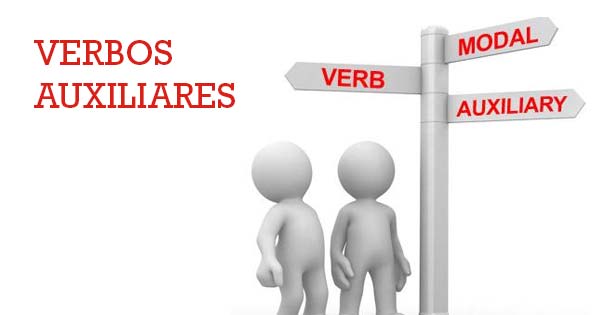Nesta aula de Inglês para o Enem revise os verbos auxiliares modais: MUST, CAN’T, MAY, MIGHT, COULD e HAVE GOT TO
Em inglês, quando temos certeza de algo ou quando estamos em dúvida, ou precisamos falar de alguma hipótese, usamos os verbos auxiliares modais: MUST, CAN’T, MAY, MIGHT, COULD, HAVE GOT TO.
Cada um desses verbos possui um significado ou grau de certeza diferente. OBSERVE ESSA ESCALA DE CERTEZA:
OBSERVE ESSA ESCALA DE CERTEZA:

Verbos auxiliares modais em frases afirmativas
- 1- MUST, HAVE GOT TO e CAN’T:
- a) Quando você tem certeza de alguma coisa use MUST.
- b) HAVE GOT/HAS GOT é informal, quer dizer, é mais usado na fala do que na escrita.
- Jim must get very bored in his job. He does the same thing every day. (Jim tever ficar muito entediado em seu trabalho. Ele faz a mesma coisa todo dia)
His grades are so good! He’s got to study a lot! (As notas dele são tão boas. Com certeza ele estuda muito).

c) Quando você tem certeza que algo não pode ser possível, use CAN’T:
You can’t be hungry. You have already eaten. (É impossível você estar com fome. Você acabou de comer).
He cant’t be dead. He’s still breathing. (Ele não pode estar morto. Ele ainda está respirando).
2- MAY e MIGHT
Usamos MAY e MIGHT para dizer sobre a possibilidade de alguma coisa ser verdade.
– It may be true. (Pode ser verdade).
Verbos auxiliares modais em frases negativas
A negativa nesses casos, é MAY NOT e MIGHT NOT.
She may not know about the plan. Her boss doen’t tell her everything. (Ela pode não saber sobre o plano. O chefe dela não conta tudo para ela).
3. Could
Could é usado em perguntas:
Someone’s coming. Who could it be? (Alguém está chegando. Quem pode ser?)
Revise com o Curso Enem Gratuito!
Agora, que tal resolver alguns exercícios e arrasar na prova do Enem? Use um dicionário inglês-português-inglês e boa sorte!
QUESTÃO 1 ( UNIRIO 1995 – ADAPTED):
Research shows that sunscreens may not be as effective as hoped at preventing sunburn. Users may be spending long
hours in the sun with a false sense of security.
– The word MAY expresses the idea of:
a) permission.
b) possibility.
c) prohibition.
d) obligation.
e) expectation.
QUESTÃO 2 (UEL 2000):
The mummies may also provide anthropologists with new knowledge about capac cocha, the lncas’ ritual sacrifice of
children.
– O uso de MAY, na frase acima, indica que o autor:
a) tem certeza do que afirma.
b) evita fazer afirmações categóricas.
c) pede permissão do leitor para fazer afirmações.
d) quer a confirmação para suas afirmações.
e) procura convencer o leitor sobre suas afirmações.
QUESTÃO 3 (MACKENZIE 2000):
In the sentence, “You may be wrong, but you may be right”, MAY means:
a) possibility.
b) permission.
c) ability.
d) deduction.
e) obligation.
QUESTÃO 4 (PUCRIO 2007):
In “This study appears to show us that the use of energy drinks might predispose people to abuse alcohol”, might can
be correctly substituted by:
a) must.
b) shall.
c) had to.
d) could.
e) ought to.
QUESTÃO 5 (EFOMM 2010):
“People must be aware of the consequences of their actions. One can do whatever he pleases as long as he doesn’t do
harm to others. This may not be followed by many people, but it certainly should. If a person has many friends, he must
know this already.”
– The underlined modal verbs express:
a) advice / permission / permission / advice / obligation
b) advice / ability / permission / ability / obligation
c) obligation / permission / possibility / advice / deduction
d) obligation / ability / possibility / obligation / deduction
e) deduction / ability / permission / obligation / obligation
GABARITO
QUESTÃO 1 – B
QUESTÃO 2 – B
QUESTÃO 3 – A
QUESTÃO 4 – D
QUESTÃO 5 – C

